Who Really Pulls the Strings? Jeffrey Sachs on Global Power and the Future
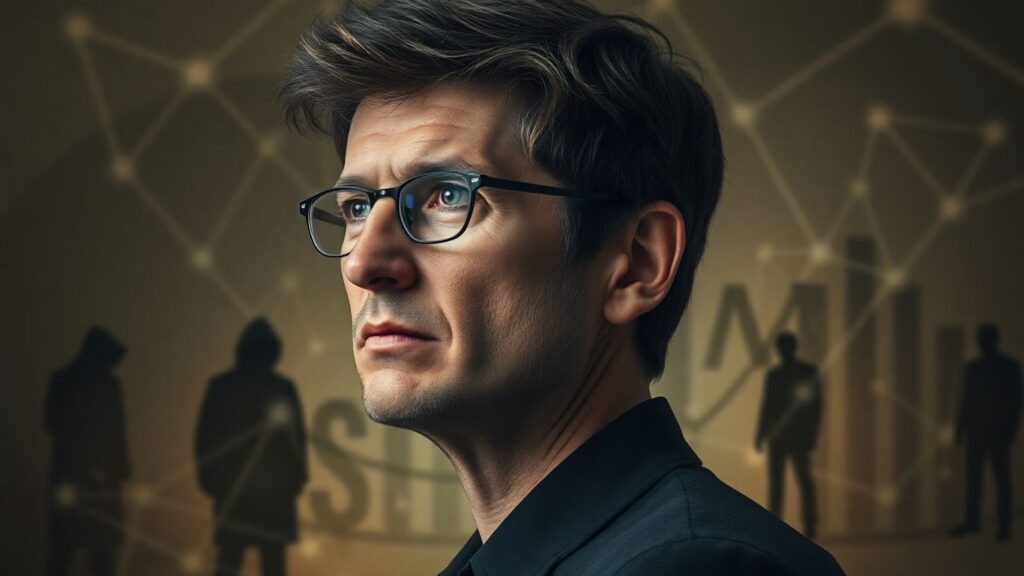
Jeffrey Sachs, a renowned economist and professor, sat down with Fidias Panayiotou for a candid discussion about how the world really works, touching on global politics, economics, and the future of humanity. Sachs offered a stark look at the forces shaping our world, from the influence of the military-industrial complex to the dynamics between major global powers.
Key Takeaways
- The United States is largely run by a "military-industrial state" where corporate interests heavily influence policy.
- Global politics and economics are deeply intertwined, with power concentrated in a few major nations.
- Europe’s foreign policy is currently seen as incoherent, often deferring to the United States.
- Economic development historically followed industrialization, with former colonies often kept underdeveloped.
- The world is shifting towards a multipolar system, with China and India rising significantly.
- Nuclear weapons act as a deterrent but also pose an existential risk due to human error and miscalculation.
- The CIA has a history of involvement in coups and overthrows, often with destabilizing results.
- Africa’s future is promising, with potential for significant growth and influence if it focuses on continental unity and education.
- Diplomacy is crucial, but often sidelined by a focus on conflict and military buildup.
The Real Power Players
Sachs argues that the United States is significantly influenced by what he calls the "military-industrial state." This isn’t just about the military; it includes major tech companies and defense contractors whose interests are deeply embedded in foreign policy decisions. He pointed out that the same companies involved in conflicts like the one in Gaza are also involved in Ukraine, highlighting the economic drivers behind geopolitical events. This system, he suggests, thrives on keeping the public uninformed or, as he put it, "stupid," to maintain its influence.
He also identified four major global powers: the United States, Russia, China, and India. Europe, he believes, is currently too fragmented in its foreign policy to be considered a major player on this level. The current global tension, he noted, stems from the United States’ difficulty in maintaining positive relationships with other major powers, particularly Russia and China.
Economic History and Global Inequality
The conversation then shifted to the economic landscape. Sachs explained how the world economy is interconnected, with global value chains and investments linking nations. However, he also highlighted the historical inequality, where European powers industrialized first and then extracted resources and kept colonies underdeveloped by limiting education. This created a significant gap between developed and developing nations.
He detailed how the post-World War II era saw a shift, with former colonies gaining independence and beginning their own development paths. This led to the rise of East Asian economies, followed by the dramatic economic transformation of China, which has become a global economic powerhouse. India is also on a strong growth trajectory, signaling a move towards a more multipolar economic world.
The Nuclear Threat and the CIA’s Role
Sachs expressed serious concern about the ongoing threat of nuclear war. While acknowledging that nuclear weapons act as a deterrent, he stressed the immense danger posed by human error, miscalculation, and the sheer stupidity that has brought the world close to disaster multiple times. He cited historical examples, including the Cuban Missile Crisis and near-misses due to technical errors or rogue actions.
He also spoke about the role of the CIA, describing it not just as an intelligence agency but as a "private army of the president." Sachs detailed instances where the CIA has been involved in coups and attempts to overthrow governments, arguing that such actions are counterproductive and solve nothing. He believes this approach, learned from British imperial practices, has destabilized the world and contributed to ongoing conflicts.
The Path Forward: Diplomacy and Neutrality
Looking towards the future, Sachs emphasized the need for diplomacy and a shift away from a purely militarized approach. He suggested that a neutral Ukraine, free from foreign military bases, would be the safest path for all parties involved, promoting "indivisible security." He criticized the current European approach, which he sees as war-mongering and driven by a desire to weaken Russia, ultimately harming Europe itself.
He also touched upon the situation in Cyprus, expressing optimism about a new leader advocating for a "national solution." Sachs stressed the importance of direct diplomacy and building trust, rather than resorting to sanctions or hardline tactics. He believes that engaging in dialogue, even with adversaries, is crucial for finding peaceful resolutions.
Sachs concluded by advocating for innovation in politics, particularly through direct democracy enabled by technology. He believes that giving citizens a more direct voice can counteract the influence of special interests and lead to policies that better reflect the public’s will, moving away from a system often driven by powerful lobbies and the military-industrial complex.

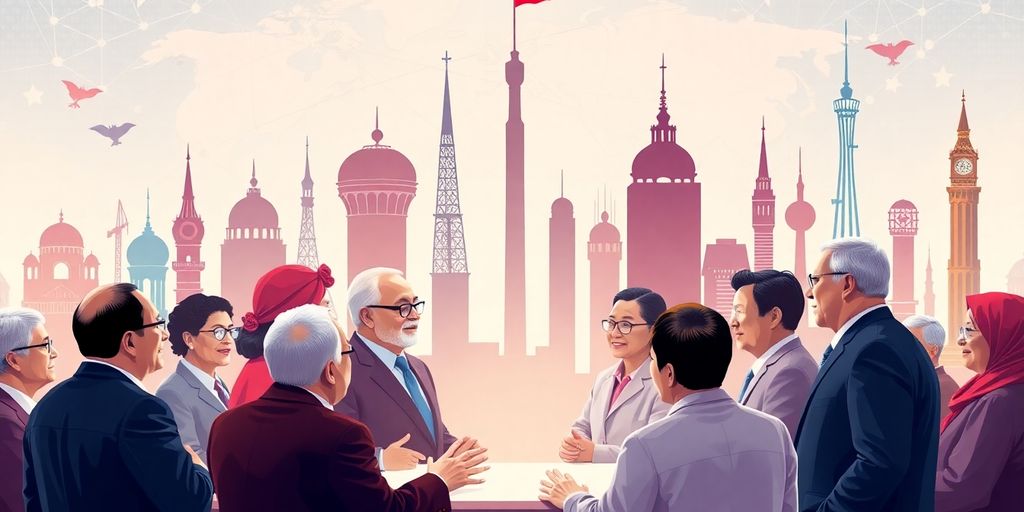


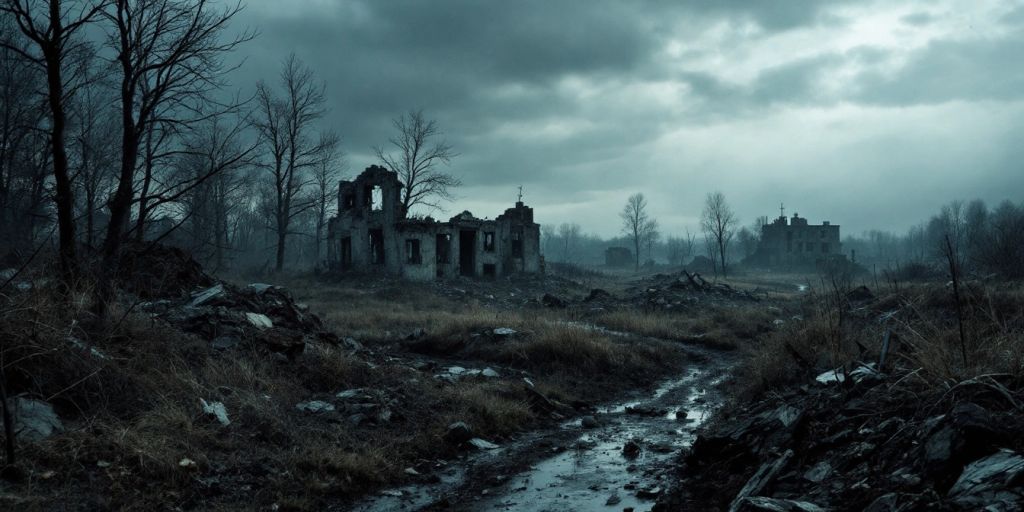
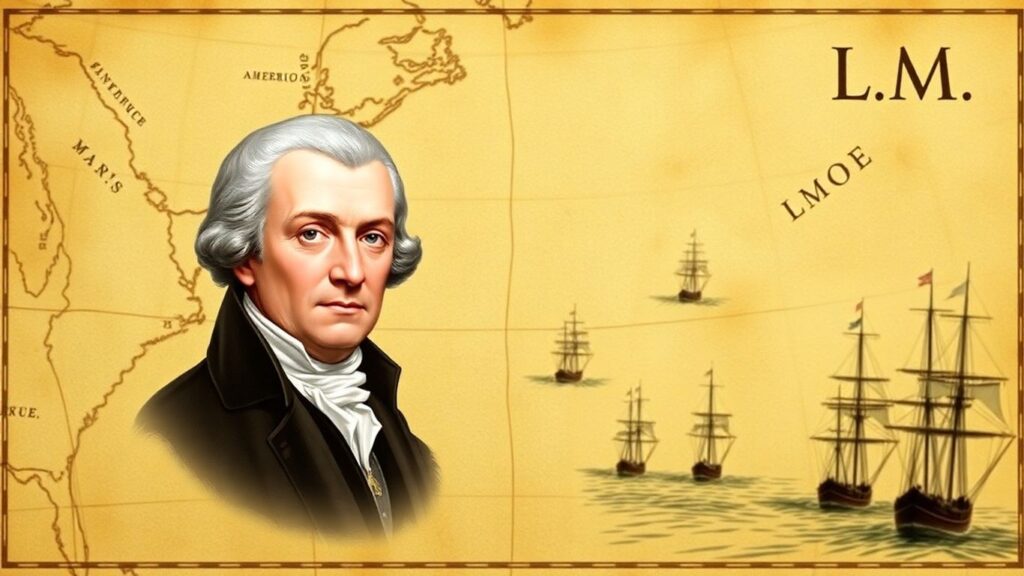
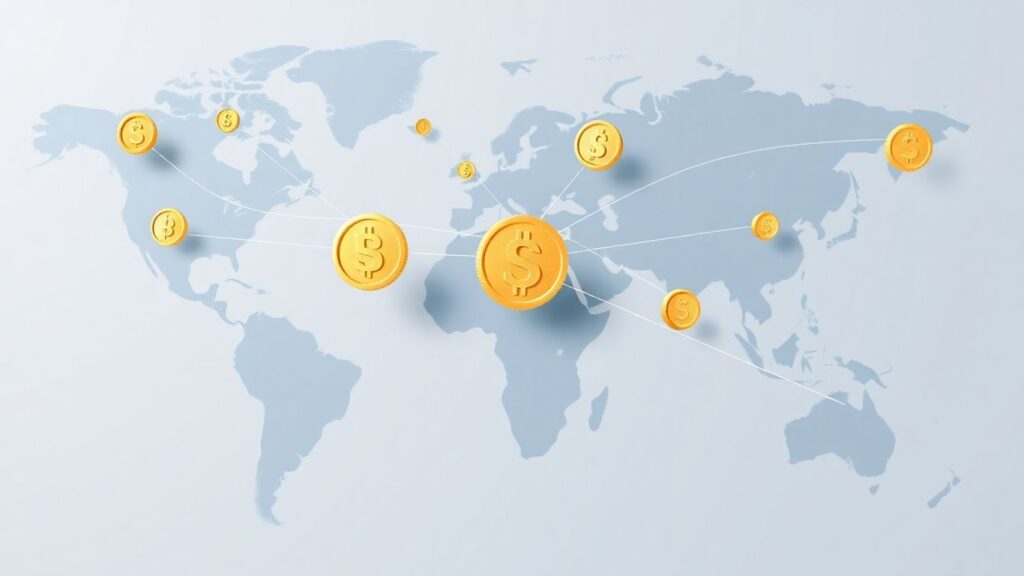

Responses